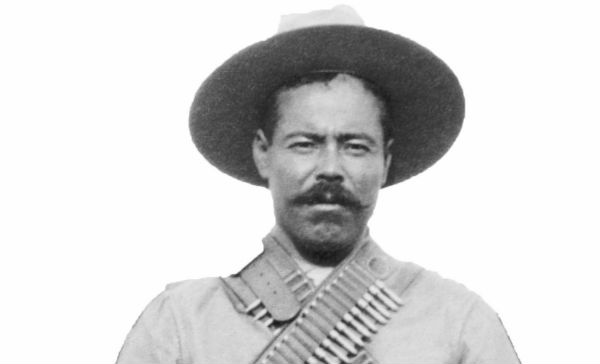The Community Lookout
Commentary and Opinion Column
By Francisco Villa
Gender and Ethnic Minorities Pay Gap
In the public sector most employees have access to the salary data about their jobs, but those in the private sector are rarely given access to such information and, consequently, the gender and ethnic minorities pay gap is larger in the private sector.
Today, despite the fact that more women are the primary breadwinners for their families than ever before, women are still paid less than their male counterparts. On average, women overall are paid 79 cents to every dollar paid to men. And, on average employers pay Latina women or Latino men 55 cents on the dollar compared with white men, and on average black women or black men are paid 60 cents on the dollar compared with white men.
Many of those individuals do not even realize that they are being systematically shortchanged because they work in an environment that formally prohibits or discourages discussing salary information.
We know that the Equal Pay Act makes pay discrimination by gender or ethnicity illegal. Unfortunately, too often both employees and enforcement agencies do not know that discrimination is happening because when pay information is secret, it is impossible for regulators to enforce the law.
Justice Scalia’s Unexpected Death Changes the Equilibrium of the Supreme Court
Justice Antonin Scalia’s unexpected death on Saturday, February 13, changes the equilibrium of the Supreme Court. The impending battle over replacing Justice Scalia on the Supreme Court will undoubtedly loom over this year’s presidential contest. The Constitution of the United States of America provides that the president appoints, nominates a Supreme Court justice. And then the Senate holds hearings and deliberation and votes on whether or not to approve that nomination. By saying he will block a Supreme Court nominee who has not even been named, Mr. Mitch McConnell, the leader in the Senate, is headed toward partisan warfare instead. And, if Republicans succeed in blocking President Obama’s appointment they could alienate moderate voters, and it will make the Republican Party’s candidates in swing states more vulnerable to the charge that they’re obstructionists who are part of the problem in Washington.
The winners and losers from the 8th Republican debate
Winners
Marco Rubio: Rubio still talk a little too fast and sound a little too rehearsed and robotic, but, he clearly helped himself in advance of next Saturday’s South Carolina Republican primary.
Jeb Bush: Bush has gotten significantly better as a debater over the course of this race. There were several exchanges where Trump seemed to lose his cool while Bush kept calm and carried on. With nothing left to lose, Bush seemed more confident and less inclined to let Trump get in the last word.
Losers
Donald Trump: Trump was on the defensive. He appeared somewhat out of control and angry for much of the debate. Trump came across as downright mean in several exchanges with Bush and Cruz.
Ben Carson: Carson looks lost when he gets time to speak, and his answers very rarely add up to anything.
The Republican Party: This debate was downright mean. Tons of name-calling. Lots of negative quotes that can be harvested by Democrats to be used against whomever emerges from the current battle to be the Republican nominee, and just a nasty face to put forward to the public.
The Battle for the South Carolina Primary
The Republicans
Recent polls of South Carolina Republicans, who are scheduled to cast primary ballots on Saturday, February 20, show Trump has a huge lead, 20 percentage points on average, according to Real Clear Politics. Texas Sen. Ted Cruz is second with 17 percent, Florida Sen. Marco Rubio has 14 percent and Bush is neck-and-neck with Ohio Gov. John Kasich for fourth at roughly 10 percent.
The Democrats
The Nevada Democratic caucus is on February 20 and the South Carolina Democratic primary on February 27
Hillary Clinton has already locked up half the Democratic superdelegates in Nevada and South Carolina before the first votes are cast in either state. She has won public support from half of South Carolina’s six superdelegates and three of Nevada’s eight superdelegates. Bernie Sanders has secured only one, a Democratic national committeewoman from Nevada. The superdelegates are made up of Democratic lawmakers and party leaders who can cast a vote for the party’s nominee during the Democratic National Convention. They have the freedom to back whoever they want, and are not bound by the results in their states. While the majority of superdelegates are backing Clinton, they are free to change their minds up until their votes are cast at the nominating conventions.

